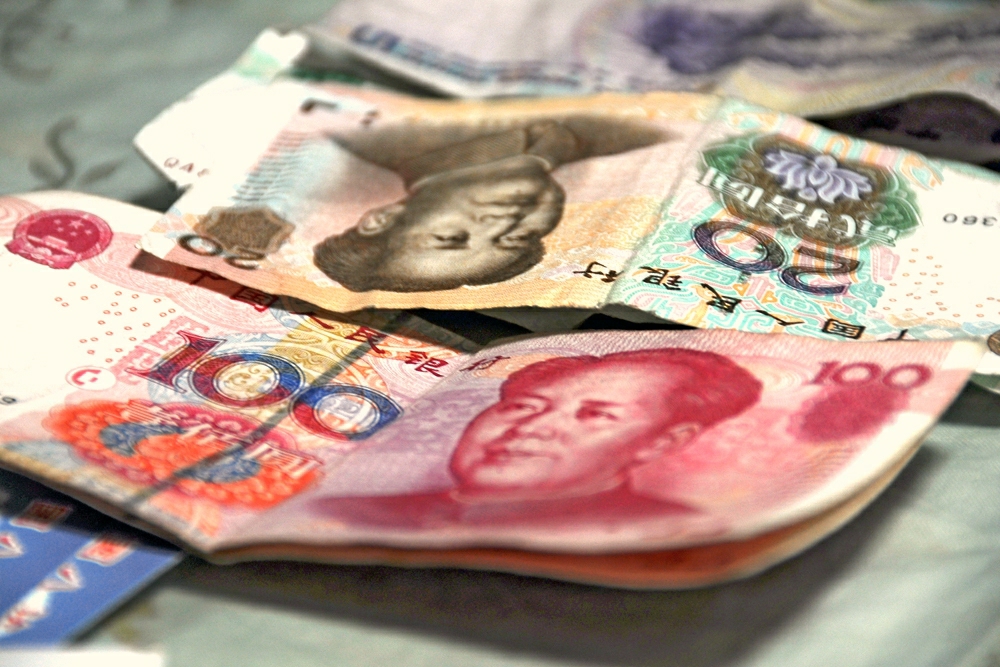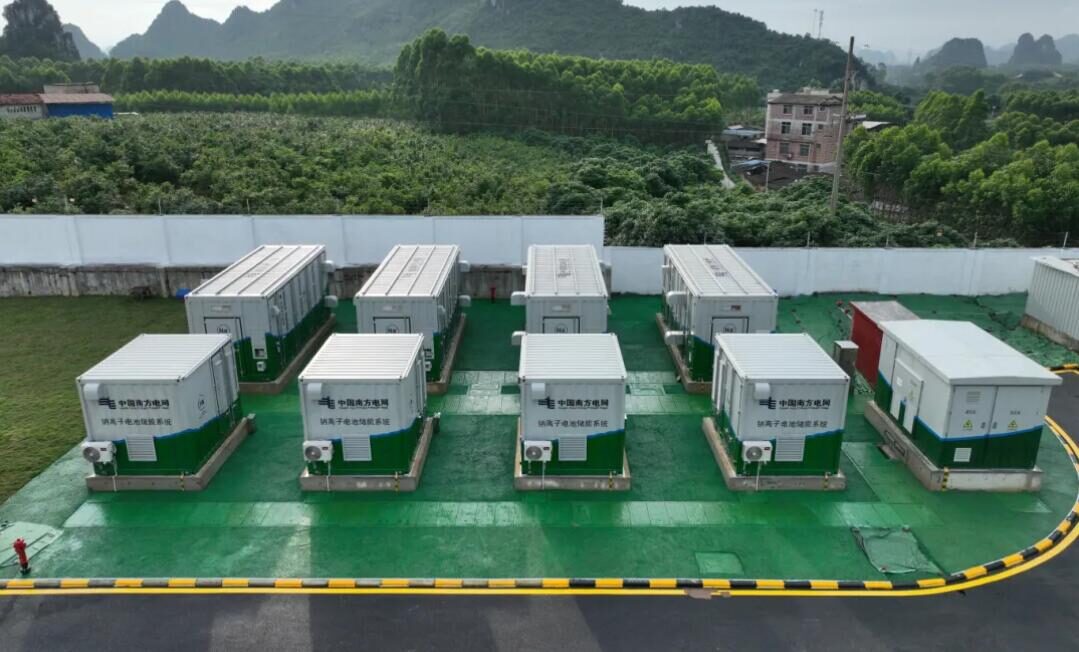The former chief financial officer of Chinese solar project developer Panda Green has muddied the waters of an investigation by auditor KPMG into RMB1,022 million (US$146 million) of missing deposits paid for solar farms which never took shape, by telling the developer the information he gave to KPMG investigators in an interview into the affair “may not be accurate.”
Former CFO Li Hong, who was in post until June last year, had told KPMG investigators RMB500 million paid in April 2017 for supposed project development rights had instead been used for something else, according to the initial findings of the KMPG investigation released by Panda Green a fortnight ago. Li had also told investigators contracts related to the money – one of two huge payments supposedly made to secure solar project development rights in 2017 – had been drawn up after the fact.
However, the final findings of the KMPG enquiry, released on Friday by the now-state-owned Panda Green, indicated Li had told the panel set up by the developer to investigate the affair – and which brought in KMPG – his interview may not have been accurate.
KMPG stated, as a result, it “could not verify the truthfulness and accuracy of information provided by Mr Li Hong.” The auditor added, it had requested a second interview with Li but the former CFO had declined for health reasons.
The release of KMPG’s initial findings, two weeks ago, included the revelations former Panda Green CEO Alan Li had requested payment of the deposits outside the company’s usual approval procedures and that some HK$12 million (US$1.55 million) of the cash ended up in his personal account.
This content is protected by copyright and may not be reused. If you want to cooperate with us and would like to reuse some of our content, please contact: editors@pv-magazine.com.




0 comments
By submitting this form you agree to pv magazine using your data for the purposes of publishing your comment.
Your personal data will only be disclosed or otherwise transmitted to third parties for the purposes of spam filtering or if this is necessary for technical maintenance of the website. Any other transfer to third parties will not take place unless this is justified on the basis of applicable data protection regulations or if pv magazine is legally obliged to do so.
You may revoke this consent at any time with effect for the future, in which case your personal data will be deleted immediately. Otherwise, your data will be deleted if pv magazine has processed your request or the purpose of data storage is fulfilled.
Further information on data privacy can be found in our Data Protection Policy.